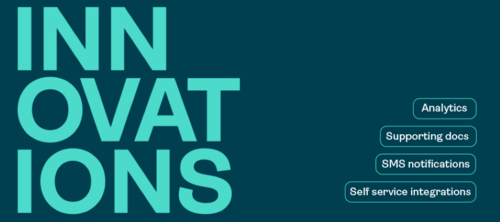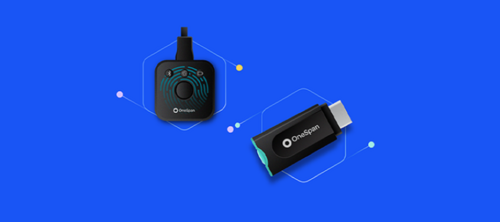eSignLive' electronic signatures put into action in U.S. battlefields around the world
Montreal, QC, April 19, 2006 — Silanis Technology today announced that the US Army has reached a milestone in modernizing its operational support for the global war on terrorism. The Army has begun deploying Silanis' enterprise, electronic signature solution as part of a Forms Content Management Program (FCMP) to eliminate paper from decision-making processes, and thus reduce the time, risk and cost of authorizing mission-critical, defense activities worldwide.
The milestone also brings together, for the first time, key technology investments made by the Army to ensure the highest levels of user and data authentication, including the DoD PKI, real-time CRL verification using OCSP, Common Access Cards (CAC), electronic forms, and electronic signatures.
More than fifty of the 125 most frequently used forms by the US Army to provide operational support for the war on terrorism can now be signed electronically.
"The impact of eliminating paper in the battlefield has been significant," said Richard L. Warren, Chief Executive Officer of Silanis. "For example, soldiers and commanders spread across multiple locations within the G-3 Collective Training and Operations Division no longer hand-deliver and hand-sign requests that are generated each month to equip soldiers-in-action with needed ammunition. Not only do soldiers get the ammo faster, they don't have to expose themselves to unnecessary travel risks."
Silanis' electronic signatures are tightly integrated in an automated, document management process that leverages the DoD PKI, Tumbleweed's real-time CRL verification utilizing OCSP, Common Access Cards, and IBM WorkPlace forms. The solution enables Army forms to be securely signed electronically with the assurance that users are who they say they are; that the contents of a signed document can't be modified without detection or authorization; and that a permanent audit trail of the process is created to record the accountability of all parties.
Users are prompted to swipe their Common Access Card (CAC) each time they electronically sign a document using Silanis' solution. The x.509 digital certificate contained on the CAC card is verified in real-time by the DoD PKI and Tumbleweed's Validation Authority Suite to determine whether the signer is an active member of the Army.
Silanis' solution then embeds the user's x.509 digital certificate and its current status, whether valid or invalid, into the audit trail of the electronic signature. The electronic signature is permanently bound to the document, just like ink on paper, so that it cannot be removed. The electronic signature also prevents the contents of the document from being modified without detection. The entire verification and signing process takes a matter of seconds.
"The ability to authenticate Army personnel in real-time via their Common Access Cards, and then reference their identities in the documents they sign electronically were critical to the success of the FCMP program," said Warren. "A form is a form. But once you sign it with legal validation, it becomes an entirely different issue."
Once fully rolled out, the reduction in paper and paper-related costs is also expected to save the US Army the $1.3 billion each year, enabling the funds to be re-allocated to areas with greater need.
About Silanis
Founded in 1992, Silanis Technology Inc. is the largest and most experienced provider of electronic signature solutions. More than 1,100 government and commercial organizations, representing two million users, depend on Silanis' solutions to accelerate operations, improve service, and reduce costs. Customers include Stewart Title, Cessna, Bechtel, BMW Financial Services, General Services Administration, and an enterprise license with the US Joint Chiefs of Staff and the US Army. www.silanis.com.






